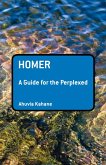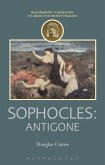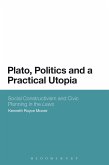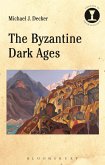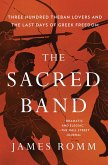Antigone is Sophocles' masterpiece, a seminal influence on a wide range of theatrical, literary, and intellectual traditions. This volume sets the play in the contexts of its mythical background, its performance, its relation to contemporary culture and thought, and its rich reception history. But its main aim is to encourage first-hand engagement with the complexities of interpretation that make the play so enduringly thought-provoking and rewarding. Though Creon's actions prove disastrous and Antigone's are vindicated, the Antigone is no simple study in the excesses of tyranny or the virtues of heroic resistance, but a more nuanced exploration of conflicting views of right and wrong and of the conditions that constrain human beings' efforts to control their destinies and secure their happiness.
The book's chapters consider the extent of the original audience's acquaintance with earlier versions of the legends of Antigone's family, the structure of the plot as it unfolds in theatrical performance, the presentation of the characters and the motivations that drive them, the major political, social, and ethical themes that the play raises, and the resonance of those themes in the ways that the play has been interpreted, adapted, performed, and appropriated in later periods.
The book's chapters consider the extent of the original audience's acquaintance with earlier versions of the legends of Antigone's family, the structure of the plot as it unfolds in theatrical performance, the presentation of the characters and the motivations that drive them, the major political, social, and ethical themes that the play raises, and the resonance of those themes in the ways that the play has been interpreted, adapted, performed, and appropriated in later periods.



